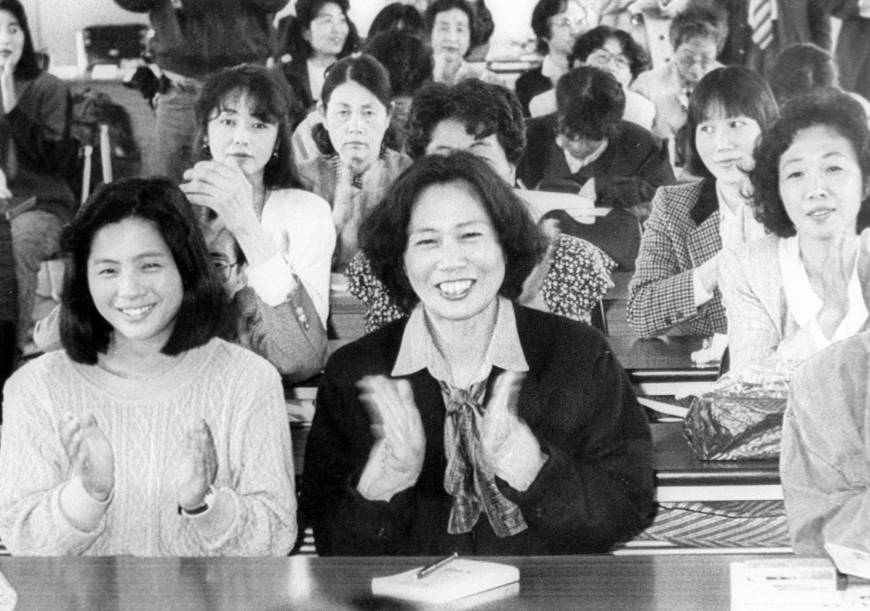BY JAMES MCCROSTIE
CONTRIBUTING WRITER
On paper, mothers and fathers are entitled to take child care leave (ikuji kyūka) at the same time for up to a year and receive two-thirds salary for the first six months and half salary for the second six months. However, eligibility depends on having worked for your current employer at least a year and expecting to be employed a year later.


